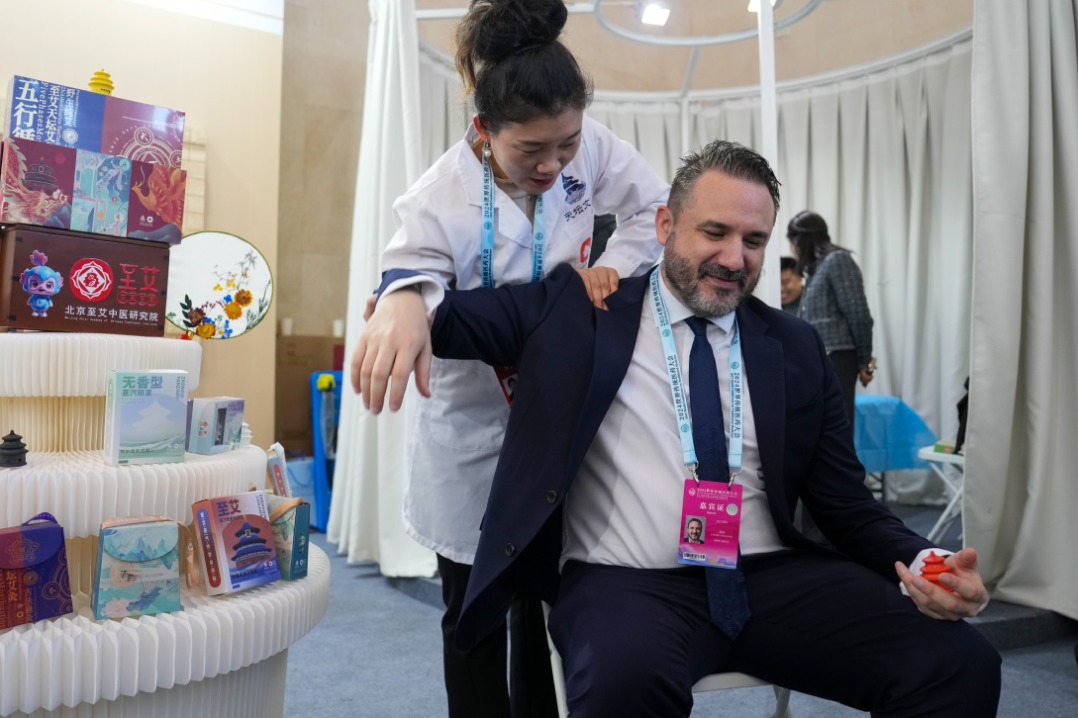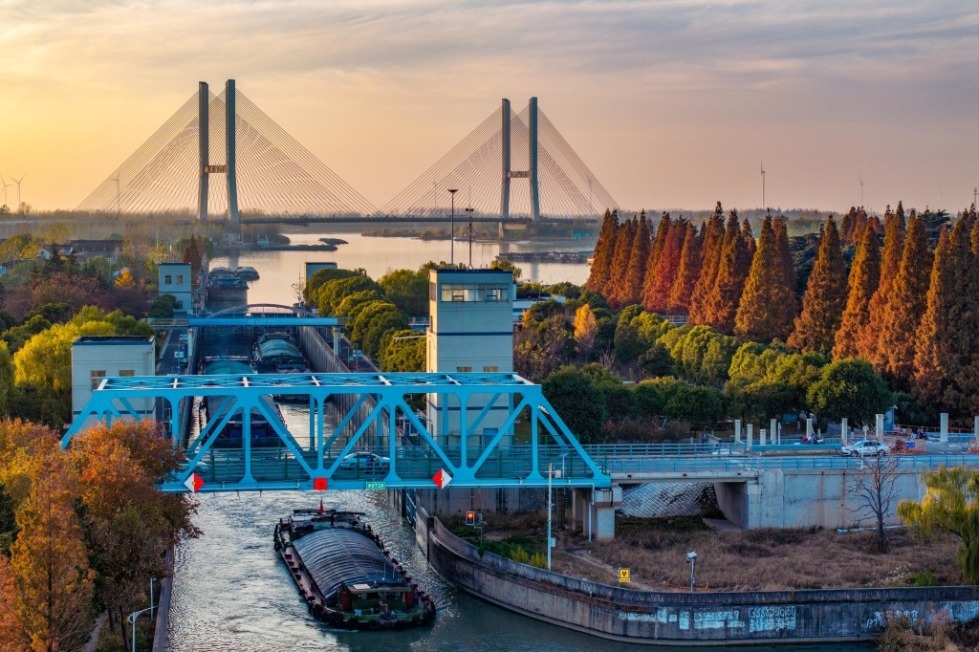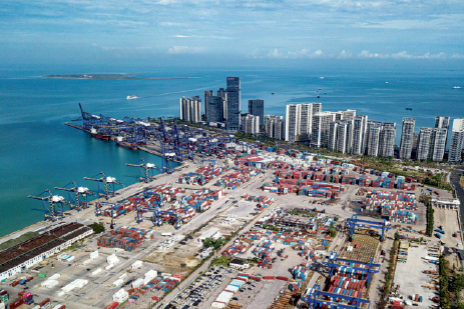High hopes voiced as key trade pact takes effect


Regional partnership removes tariffs, reduces value-added taxes
The beginning of a new year is always associated with happiness and hope.
For John Yu, general manager of Vitabeez, an agricultural produce trader based in New Zealand, the start of 2022 brought even more glad tidings.
On New Year's Day, the Regional Comprehensive Economic Partnership agreement took effect in 10 of the 15 signatory countries, including China, Brunei, Singapore, Thailand, New Zealand and Japan.
The economic pact is also due to come into force on Feb 1 in South Korea, and in the other four countries 60 days after they officially deposit "instruments of ratification, acceptance, or approval" to the Secretariat of the Association of Southeast Asian Nations.
Yu said: "We used to pay about 15 percent of produce value to export fresh milk to China. Now, with the implementation of the RCEP, the tariff is removed and value-added taxes will also be reduced as a result."
The other key produce the company trades, including honey and fruit, has been treated with zero tariffs for several years, thanks to the free trade agreement between China and New Zealand.
The RCEP further reduces tariff and tax costs for the company, helping it offset rising airfreight charges as a result of the COVID-19 pandemic, Yu added.
"This partnership not only reduces tariffs for traders such as ourselves, but also saves us time and other expenses incurred during customs clearance procedures," he said.
"This is certain to boost our revenue, and we have become even more bullish about the prospects for trade."
Signed in November 2020 by 15 Asia-Pacific economies, including the 10 ASEAN member states, the agreement has created the world's largest free trade bloc by economic size.
The combined GDP of its members comprises nearly one-third the global total, according to the United Nations Conference on Trade and Development, or UNCTAD.



































